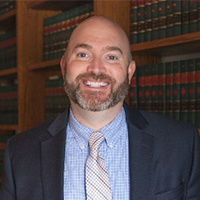Delancey Juvenile Law Lawyer, New York
Sponsored Law Firm
-
 x
x

Click For More Info:
-
Law Office of Mark S. Guralnick
55 Madison Avenue 4th Floor Morristown, NJ 07960» view mapCriminal Defense Law Dedicated. Fearless. Successful.
Mark S. Guralnick and his legal team have helped clients throughout the USA and across the world by applying unparalleled dedication and hard work to each case.
800-399-8371
Not enough matches for Delancey Juvenile Law lawyer.
Below are all Delancey Criminal lawyers.
Tracy A Donovan Laughlin
✓ VERIFIEDTracy Donovan Laughlin is a practicing lawyer serving Otsego County in Cherry Valley, Cooperstown, and Oneonta, New York as well as the surrounding co... (more)
Scott A Russell
✓ VERIFIEDWith experience serving the public as an Assistant District Attorney, prosecuting minor traffic infractions and serious felony offenses, as public def... (more)
 Mark Guralnick Morristown, NJ
Mark Guralnick Morristown, NJ AboutLaw Office of Mark S. Guralnick
AboutLaw Office of Mark S. Guralnick Practice AreasExpertise
Practice AreasExpertise


